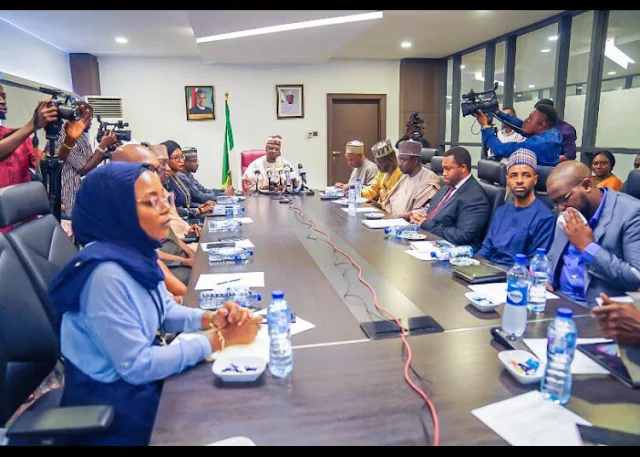The Minister disclosed this while inaugurating the Nigeria Start-up Act Implementation Committee (NSAIC) in Abuja.
He emphasized that countries leading economically in the world have made knowledge-based activities, knowledge-based economies, and digital innovations and start-ups their primary sources of income. The Act was critical to promoting digital start-ups and boosting the information and communications technology (ICT) sector.
The Minister lamented the unwarranted harassment faced by young innovators in the nation, who are frequently mistaken for criminals by law enforcement agents. He noted that the Act would give them protection and legal, technical, and financial support to help them overcome some of their difficulties.
The Nigeria Start-up Act becomes necessary to provide legal, technical, and financial backing to all these achievements. The Act has provisions to support them financially.
The government will set aside a minimum of N10 billion annually in addition to other funding sources captured in the law. The Act also establishes the National Council for Digital Innovation and Entrepreneurship to be chaired by presidential Nigeria.
The implementation committee will bring together relevant stakeholders from the government, the private sector, the ecosystem, academia, legal institutions, and many more to provide the leadership required for the technical implementation of the law.
The Act addresses many issues, including the unnecessary harassment of young innovators, which discouraged innovation in the country.
Some members of the 27-man Committee include Prof. Sahalu Junaidu- Chairman, Chinenye Mba-Uzoukwu, Prof. Olayinka David-West, Amal Hassan, Dr Mrs Juliet Odii, Faiz Bashir, Dr Dahiru Sani, Prof Bashir Galadanchi, Dr Usman Ali, and Ahmad Abubakar Bello, among others.



